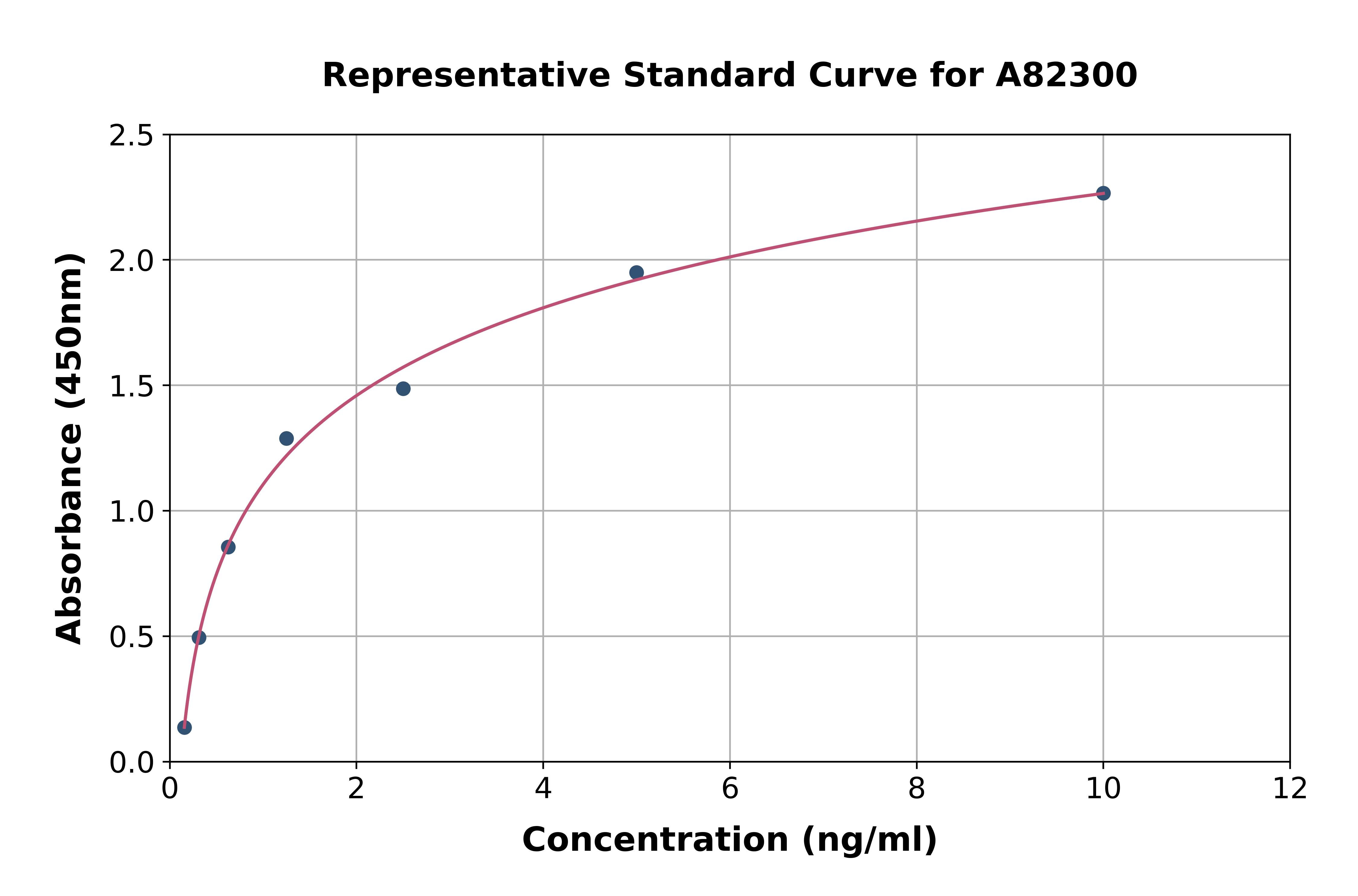MicroVue C4a EIA
A036
ReactivityHuman, Monkey, Primate
Product group Assays
Overview
- SupplierQuidelOrtho
- Product NameMicroVue C4a EIA
- Delivery Days Customer7
- ApplicationsELISA, Other Application
- Assay Time135 minutes
- CertificationResearch Use Only
- Scientific DescriptionThe MicroVue C4a Enzyme Immunoassay measures the amount of C4a present in human serum, plasma and other biological or experimental samples. The MicroVue C4a Enzyme Immunoassay is a 96 well, direct-capture immunoassay for the measurement of C4a in human or primate serum, plasma, and other biological or experimental samples. Under normal conditions, activation of the classical or lectin complement pathways results in the cleavage of the complement protein, C4 into C4a and C4b by the protease, C1s. C4a is rapidly cleaved to its more stable, less active form C4a-des Arg form by endogenous serum carboxypeptidase N enzyme. Thus, quantitation of C4a-des Arg should provide a reliable measurement of classical or lectin complement pathway activation that has occurred in test samples. The MicroVue C4a assay, a rapid, highly specific and quantitative procedure for measuring C4a levels, is designed for investigations into the role or status of complement pathway activation in numerous research settings, and for monitoring the generation of C4a in vivo or in vitro. C4a is the weakest of the anaphylatoxins, compared with C3a and C5a, however, it does play a role in bringing about vascular permeability changes, the induction of smooth muscle contraction and the release of histamine from mast cells and basophils. C4a is believed to play a role in several autoimmune diseases including rheumatoid arthritis, SLE and accute glomerulonephritis. It has recently been implicated as a marker for both acute and chronic Lyme disease.
- ReactivityHuman, Monkey, Primate
- UNSPSC41116158

